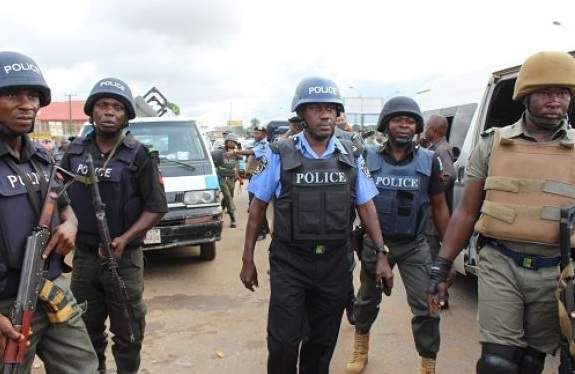
For the umpteenth time, Nigerians are protesting the Special Anti-Robbery Squad (SARS) on social media.
To be honest, we have talked about SARS so many times that we are beginning to sound like a broken record. Just last week, after entertainment consultant, Bizzle, shared his 'SARS story' on Twitter, we published an essay asking for solutions to the growing cruelty of SARS officers. Today, we are writing about SARS. Again.
The Origin of SARS
As told by RTD CP Simeon Danladi Midenda for Vanguard:
In 1992, Col. Rindam. a military officer from Plateau State met his death at the hands of police operatives at a check point in Lagos. Upon discovery of that, the army took to the streets in Lagos in search of any policeman. As a result, policemen abandoned the streets in Lagos and withdrew to barracks. Robbers then had a field day in Lagos, operating with impunity. It took two weeks of talks before the military and police authorities succeeded in convincing the army chaps to return to barracks and for the police to come back to the roads. By that time, it was too late. Armed robbers were in control in Lagos and the like of Shina Rambo could not be challenged by any force. At this time, I was in-charge of Anti Robbery Unit of the State CID in Benin.
Benin was notorious for armed robbery but my unit and I brought the armed robbers to their knees forcing them to flee out of Benin. Not quite one month after this and amidst happenings in Lagos, the then Commissioner of Police in Benin, Late James Danbaba was moved to Lagos. Barely one month after, I was also transferred to Lagos but the then CP Osanaye, who took over from Danbaba refused to release me and wrote a letter of appeal to the IGP requesting him to rescind the decision to transfer me out of Benin. A week later, a bombshell came from the IGP. I was ordered to report in Lagos within three hours. This time, I was a Superintendent of Police.
I reported in Lagos as ordered. I met late James Danbaba as the Commissioner of Police, Sir Mike Mbama Okiro, former IGP and the present Chairman, Police Service Commission, as Deputy Commissioner of Police, Operations and late Abdulyekini Adoeye, as the Deputy Commissioner of Police, Administration. They asked me to set up an anti-robbery team strong enough to make sure robbers were dislodged from Lagos. To start with, fifteen fully armed men and two plain coloured Peugeot station wagons were given to me. Mr. Taiwo Lakanu, now an Assistant Inspector-General of Police, AIG, was appointed my second in command. It must be noted that at this time, there were already three anti-robbery squads operating in Lagos. One, that of Force CID, Alagbon Close but based at Adeniji-Adele, one attached to Zone two command and the third at Panti, Lagos state CID.
With the existence of these three separate anti-robbery units already operating in Lagos therefore, I needed a name that was unique with which my own team was to be called and communicated with. After several days of trying to coin a name, I failed to come up with a unique name, catchy and strong enough to send a message that somebody different was in town. At the end, I simply added the word 'Special' to the already existing Anti-Robbery Squad and it came up with "Special anti-Robbery Squad" abbreviated as SARS. That was how the name SARS came into the Nigeria Police vocabulary. Before this time, Special Anti-robbery Squad as a name or the abbreviation SARS never appeared in any kind of police communications.
The secret behind the successes of the original SARS was its facelessness and its mode of operation. We operated in plain clothes and used plain vehicles that could not be associated with security or any government agency. Members could not carry Walkie Talkie openly talk less of guns. With the spate of robberies in Lagos, we realized the danger of carrying weapons openly. We also realized that by carrying weapons openly, we have destroyed the element of surprise. We will now be known by robbers while they will remain unknown. We were fully combatant and combat ready at all times.
We stayed under cover while monitoring radio communication of conventional police operatives. As soon as robbery was reported anywhere in Lagos, we went out with speed, each team to a predetermined location. At our various locations, we patiently waited while the conventional policemen continued to chase the robbers around Lagos. In their bid to escape, the robbers almost always fell into our traps and met their waterloo. All robbers arrested in combat had no option but give us details of their composition and numbers of the operations they had carried out before their arrest. This information were used to solve previous cases of robberies and gave us names of other robbers still on the loose to go after. We never stood on the road looking for robbers. We met them in their beds...
There are a few things to note from this: SARS has been in existence since 1992; SARS is an offshoot of the Nigerian Police Force; SARS's primary duty is to fight robbers; SARS officers have been wearing just plain clothes and using plain vehicles from the onset; SARS officials are not meant to openly carry guns; "we never stood on the road looking for robbers" means that SARS officials are not meant to be seen or known - they are meant to be undercover.
Today, it looks like SARS has become exactly want they were created to fight. Yikes!
Are There Powers That Be?
The #EndSARS campaign has been on since 2017 - two years after President Muhammadu Buhari and his VP, Yemi Osinbajo came into power. For three years, Nigerians have called for the scrapping of the Special Anti-Robbery Squad, and for three years, their cries have been met with deaf ears. We cannot pretend that this is so because "online protest don't mean anything." It is clear that virtual protests have in many ways spurred change. In 2019, the RUGA Settlement Project was suspended because Nigerians cried on social media. In December 2019, the Social Media Bill was also suspended after the outrage on social media. So, yes, social media outrage does work. But why is it not working when it comes to ending the operations of the Special Anti-Robbery Squad?
The problem is bigger, and it is glaring in the chilling silence from those in positions of power. From our traditional rulers to Local Government chairmen, commissioners, ministers, governors, senators, members of the House of Assembly, and so on, who is speaking for the people? Who is joining us in this fight? It took over 48 hours before the Governor of Lagos State, Babajide Sanwo-Olu, tweeted about the incident.

In his tweet, he said that he had been reading reports of 'seemingly' unlawful exploitation... There are video evidence, pictures, and people sharing their first-hand experience. This has also been going on for years. So what, exactly, is seemingly about the activities of SARS?
In Ughelli, Delta State, a young man was allegedly shot dead by a SARS officer who also stole his car. Up until now, the Governor of Delta state, Ifeanyi Arthur Okowa, has said nothing. From Benin to Port-Harcourt, Enugu to Aba, SARS officers have been reported to be terrorising people, yet their governors have said nothing.
The last time the Nigerian President said anything about SARS was in June 2019 where he ordered the IGP to work out implementation reform on SARS. It's over a year, but SARS is still waxing strong and there's nothing. During the PDP regime, APC members organised protests for almost every action carried out by those in government. Today, the opposition party seems to be sleeping.
What. Is. This. Silence?!
Are We Moving in Circles?
When it comes to security issues in Nigeria, there is usually a common merry-go-round, a rinse-and-repeat process that seems to be in favour of only the perpetrators. Boko Haram fighters are being rehabilitated and reintegrated into the society - while their victims are still languishing, bandits are being settledwith money, ex-militants are being paid stipends. Yet, not a lot is offered to their victims.
Are there powers that be? Are there people benefitting from the insecurity of the country? Who do these SARS officers report to? Who are they accountable to? Why do they go scotfree even with pictures and videos? Why are they so emboldened? Are they even trained? Why are the people we have elected to protect us silent in all of this?
Through their silence and absence, the Nigerian government is waging war against its people. You can't sit on the fence when it comes to the security of your citizens, you are either in for them or against them. 'In' for them means communicating to them, not just on Twitter, but through press conferences, acknowledging that you understand their plight, assuring them of their safety, and showing them the (working) plans and steps taken so far to ensure their safety. If you cannot do this, you are against your people. There is no sugar-coating this. It is like the Nigerian government is waiting for us to talk and talk with the hope that when we get tired, we'll all shut up and move on.
The Solution?
End SARS.
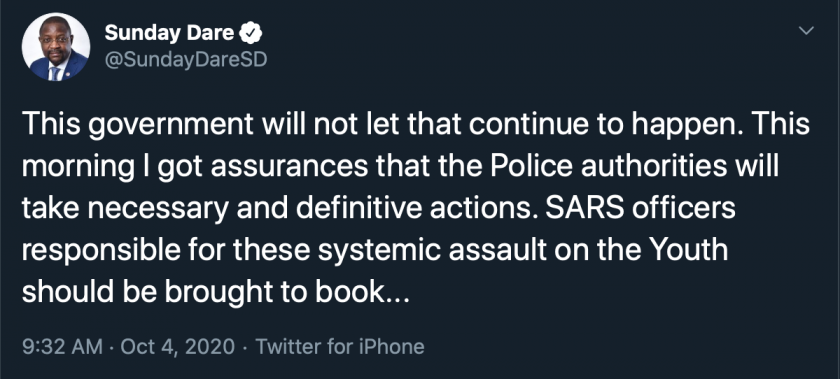
This merry-go-round must stop. Nigerians have been clear on what they want, end SARS, not reform. End SARS. Scrap it. We don't want them anymore.
Admittedly, there is a need for anti-robbery squads in Nigeria, but it is glaring that the current ones we have are not doing their jobs. It is in the best interest of the people and the state to end the operations of this current Special Anti-Robbery Squad, go back to the drawing board, and re-strategise on the how best to tackle the problem of armed robbery in Nigeria. If we must set up another anti-robbery squad, we must ensure they are well-trained to carry out their tasks and protect the people.
Above all, end SARS.

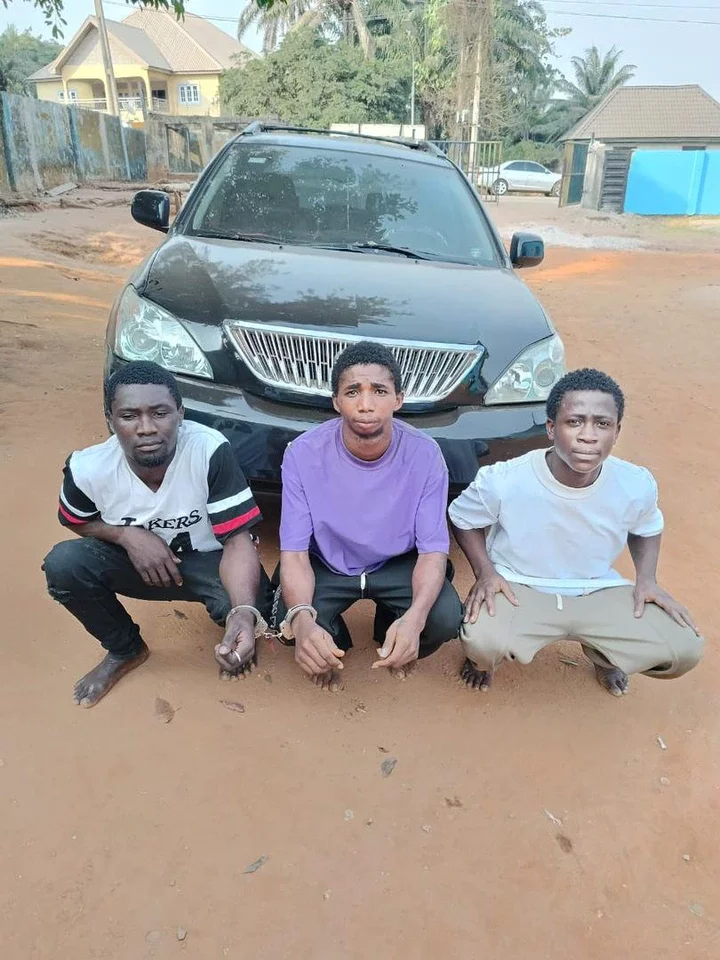
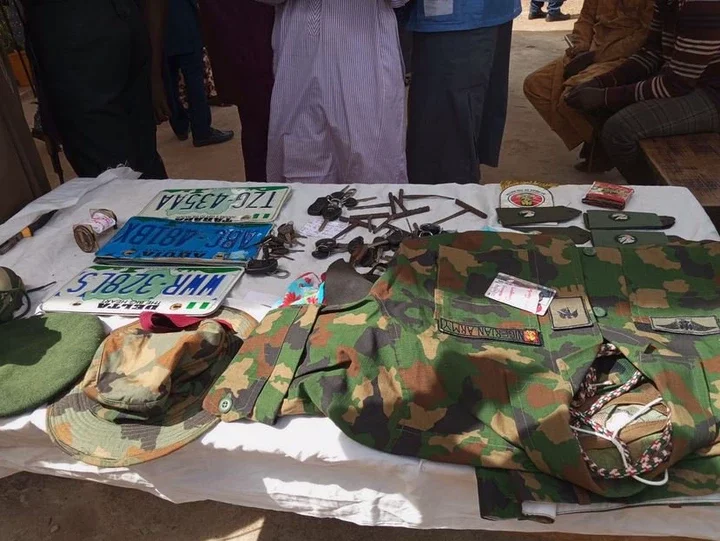
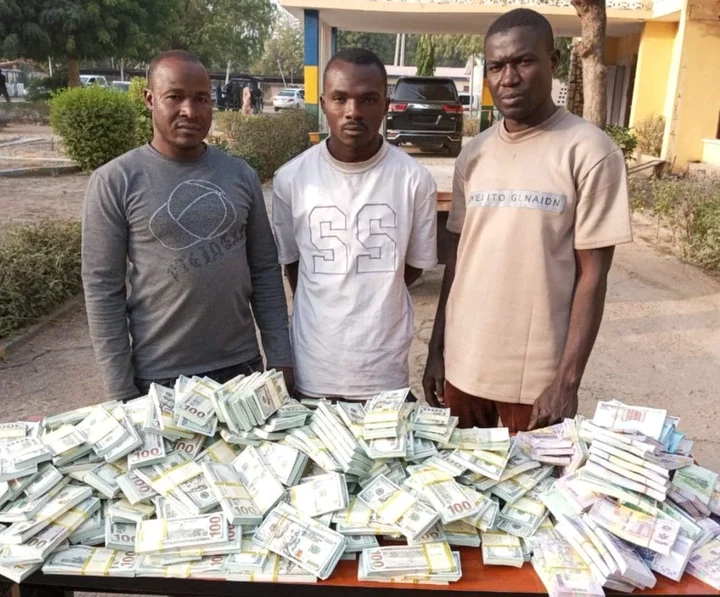
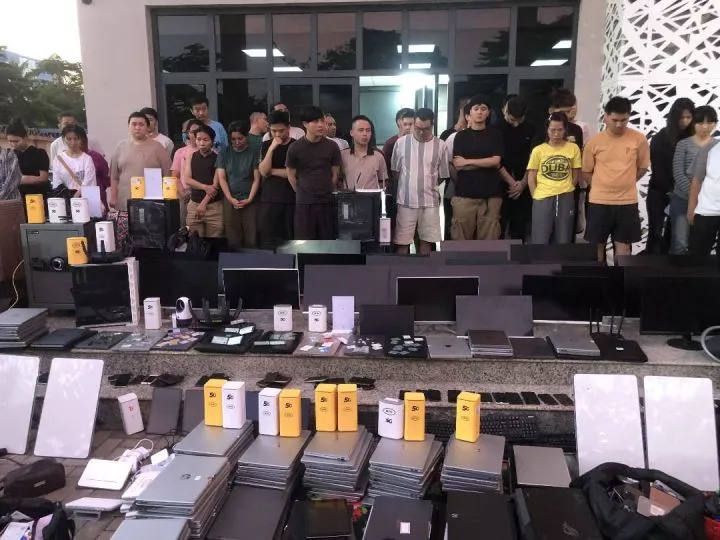
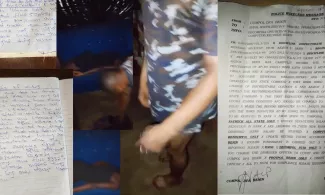
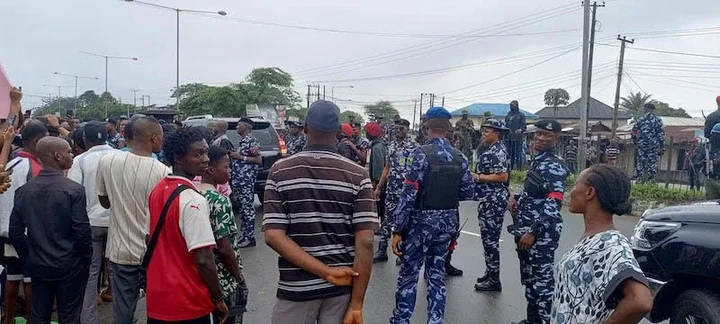
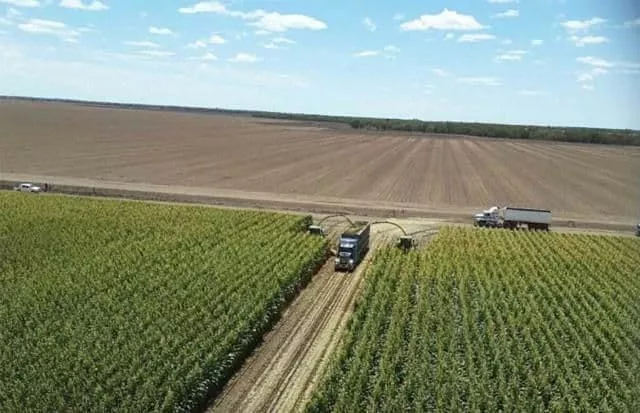
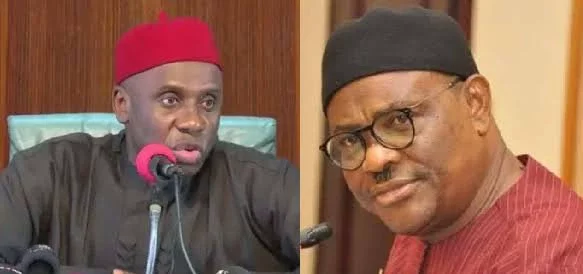


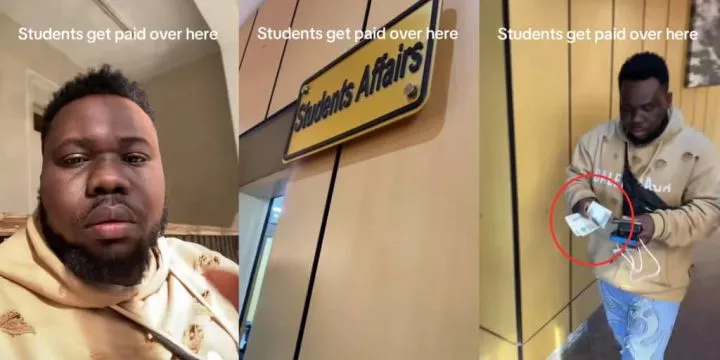
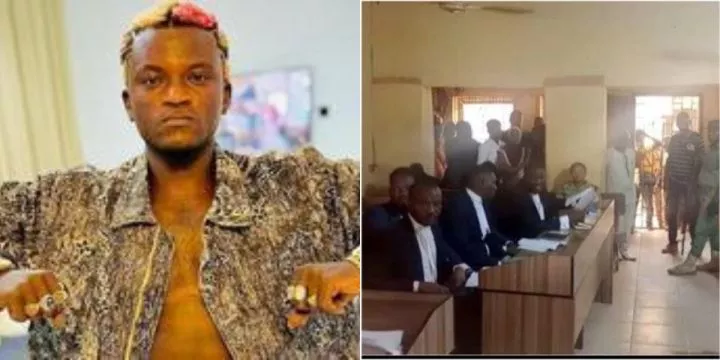





Comments